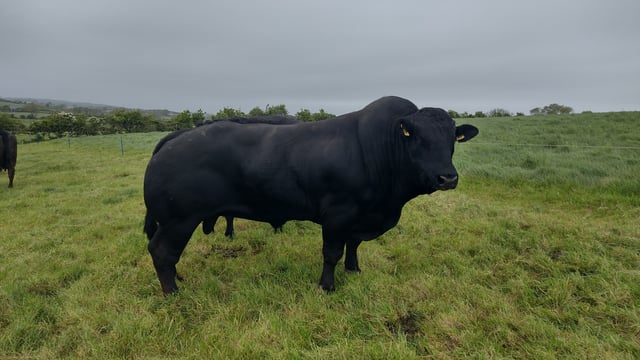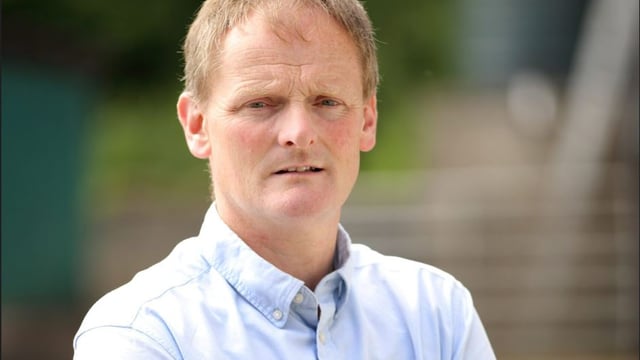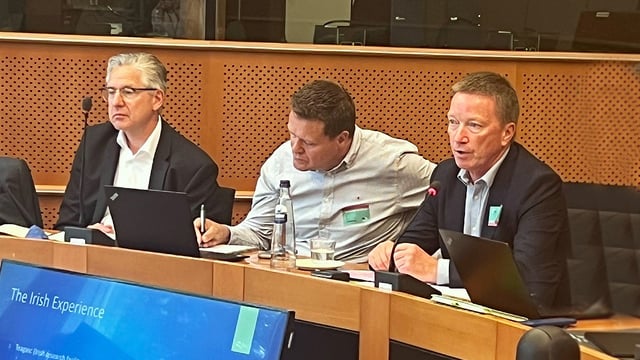Restoration law changes 'address farming concerns' - MEP
New changes to the text of the draft EU Nature Restoration Law "address concerns of the Irish farming community", according to a Sinn Féin MEP.
Chris MacManus, a European Parliament member for the Ireland Midlands-Northwest constituency, said this evening (Thursday, June 8) that "practical additions" added to the text of the law reflect the wishes of farmers.
The highly controversial law has been the cause of much concern among farming representative bodies both here and across the EU, as it would require large swathes of peatland to be rewetted, effectively ending farming activity on those lands.
The law has already been defeated in the parliament's agriculture committee and fisheries committee, with the prospect of the law being rejected by the parliament as a whole beginning to look like a real possibility.
The law is currently being debated by the parliament's environment committee, which is set to vote on the text next week.
According to MacManus, that committee has now brought forward changes to the law that he said represent a "step forward" in addressing key concerns that have been raised.
He criticised the European People's Party (EPP) - the European Parliament political grouping of which Fine Gael is a member - for walking away from talks on the draft law last week.
According to the Sinn Féin MEP, the following provisions have been added to the law:
- A definition of rewetting and an explicit obligation that it must be voluntary for farmers;
- A requirement that national restoration plans must provide for an estimated socio-economic impact of the implementation of the restoration measures;
- Compensation schemes for farmers and others who choose to undertake nature restoration measures;
- A new chapter on funding, including a mandate for a "permanent dedicated nature restoration fund" (outside of the Common Agricultural Policy) to provide additional financial support for farmers and others involved in nature restoration;
- A new chapter on public participation so that farmers, foresters, the business community, civil society organisations, landowners, land users, and the general public must be engaged in the preparation, review and implementation of Ireland's nature restoration plan.
MacManus commented: "The new additions are sensible and practical and have helped achieve a compromise on the legislation, which secures vital progress in terms of nature protection and restoration.
"The addition of a new chapter on funding will be welcome news for many landowners in rural Ireland, especially now that it includes a mandate for a permanent dedicated nature restoration fund within the [EU budget] to provide predictable and additional financial support," he added.
"Now we have a final agreed compromise text which will be voted in the environment committee, and hopefully subsequently in the plenary."
"According to the new text, rewetting will be voluntary, targets will be flexible, there will be a national socio-economic impact assessment, and [there will be] a new dedicated nature restoration fund outside [the Common Agricultural Policy] that farmers, foresters, fishers and others could avail of," MacManus commented.











